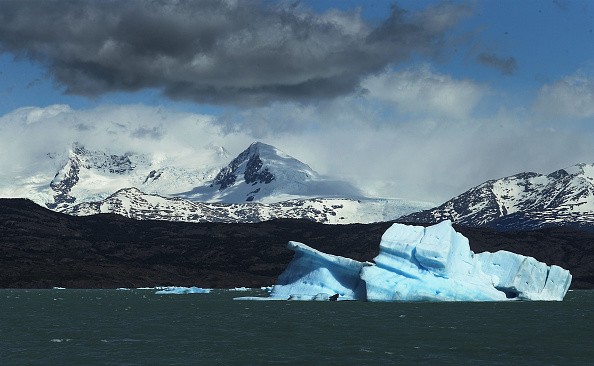
According to studies, the Earth goes through a natural cycle; seesawing between ice age and warm periods. While the process should be expected, the rate of transition from one period to the next has not only charted record speed but the CO2 accumulation over the past two centuries have exceeded the highest rate for the last 800,00 years. In fact, according to the Pacific Northwest National Laboratory or PNNL, in less than five years the earth's climate would reach " multi-decadal rates of change that are unprecedented for at least the past 1,000 years."
The statistics surrounding climate change is grim to say the least. Scientists, more than ever, are looking to find ways to halt the rapid increase of carbon dioxide in the atmosphere. However, it seems like nature itself has figured out a way to cope with the climate stresses brought about by human existence and destruction.
Recently researchers from the University of Sheffield in England published a study in the journal Nature Geoscience claiming that the melting icebergs help in keeping CO2 levels at bay. According to Dr. Grant Bigg, lead of author of the paper, melted drippings from the icebergs help fertilize phytoplanktons since the ice water contain iron and other nutrients. The planktons in turn absorb carbon dioxide in the atmosphere.
Ultimately, the study published by Bigg and his team speculate that the relationship between the melted icebergs and the photoplanktons account for up to 20 percent of the carbon stored in the Antarctic.
"The research is important as it has shown that there is more carbon stored in the Southern Ocean than previously calculated, which will have knock-on consequences for the global carbon budget. It also demonstrates an unusual negative feedback on climate -- even if it is a secondary one and merely slowing climate change" explained Bigg.

